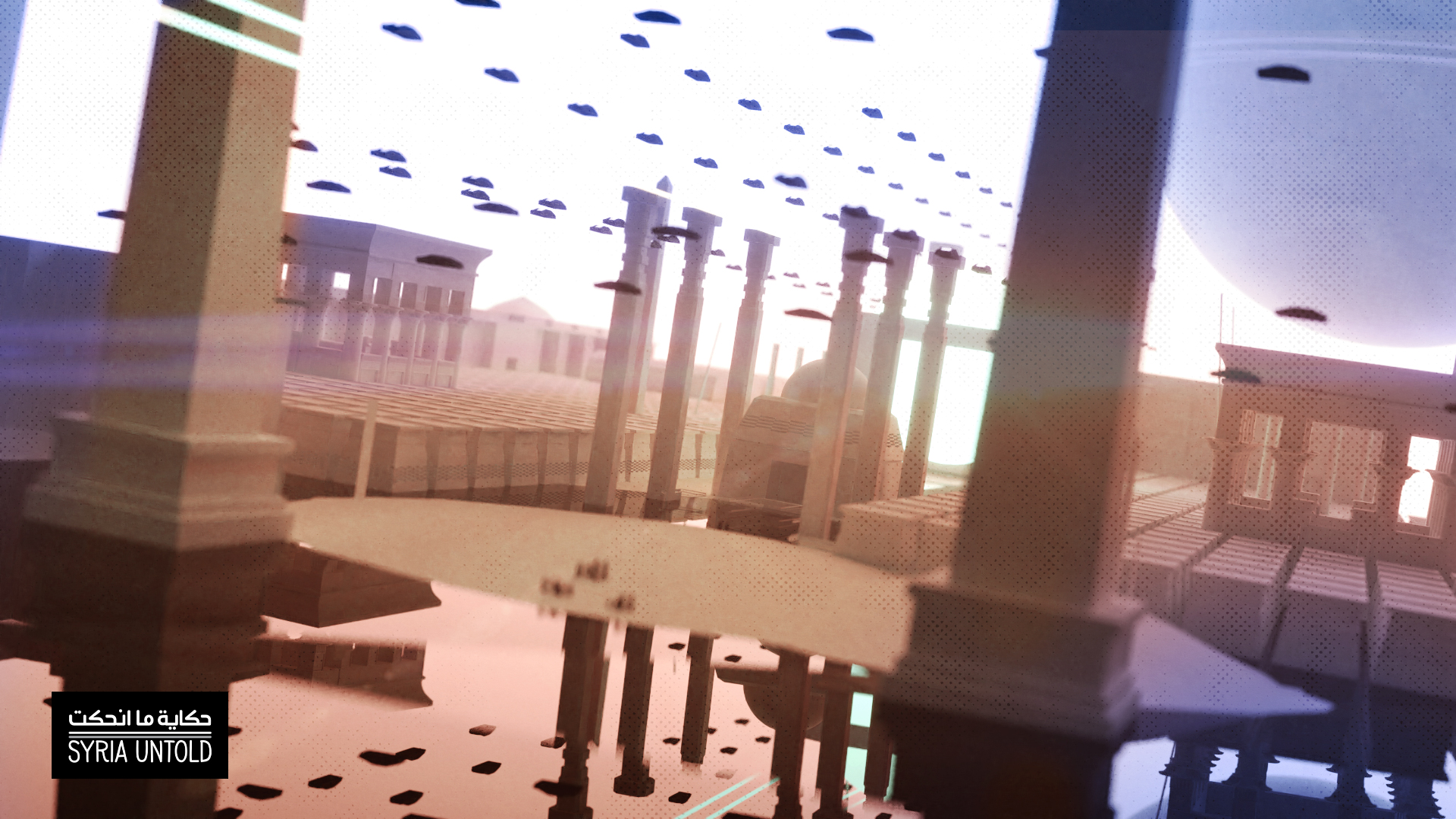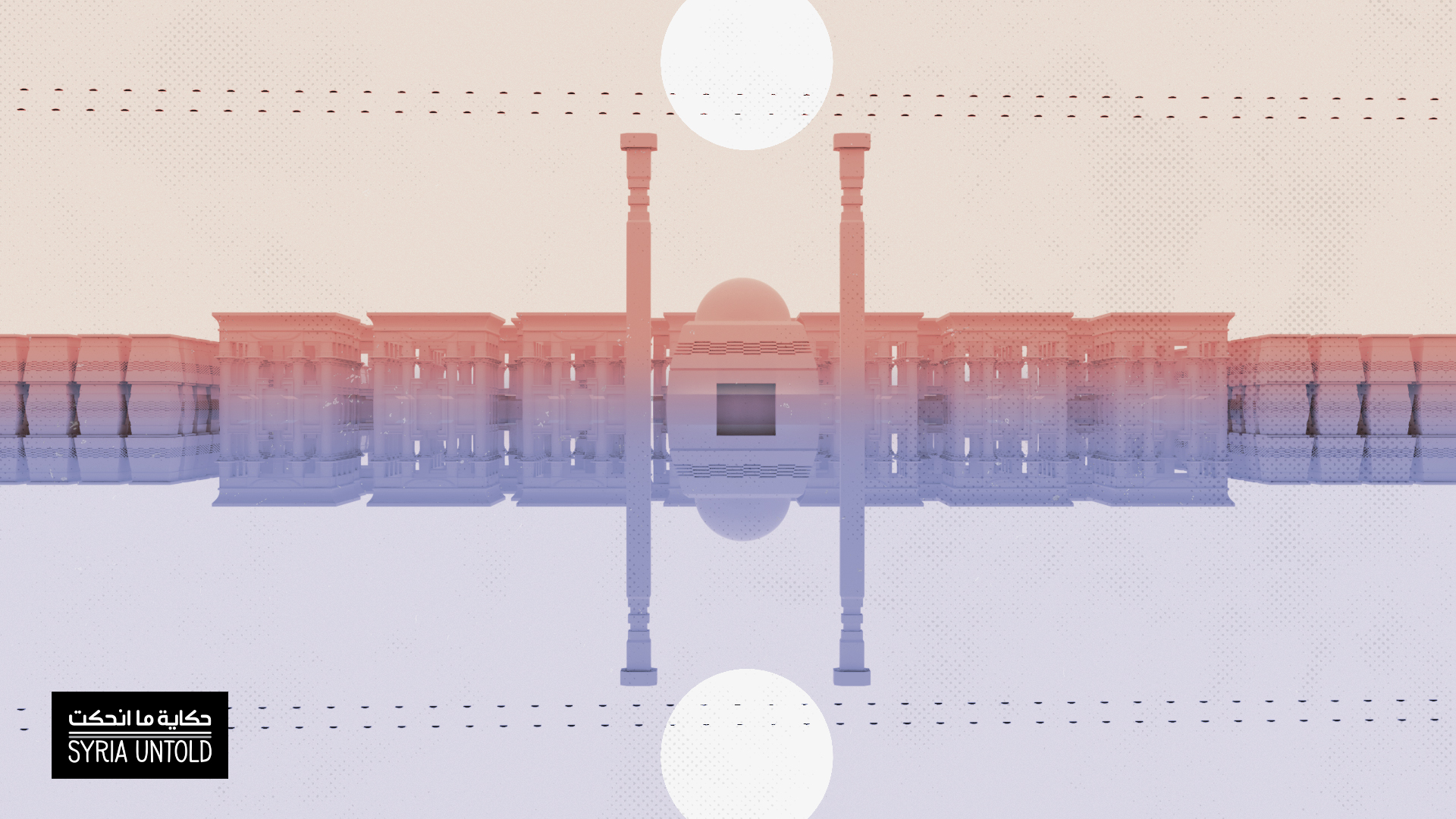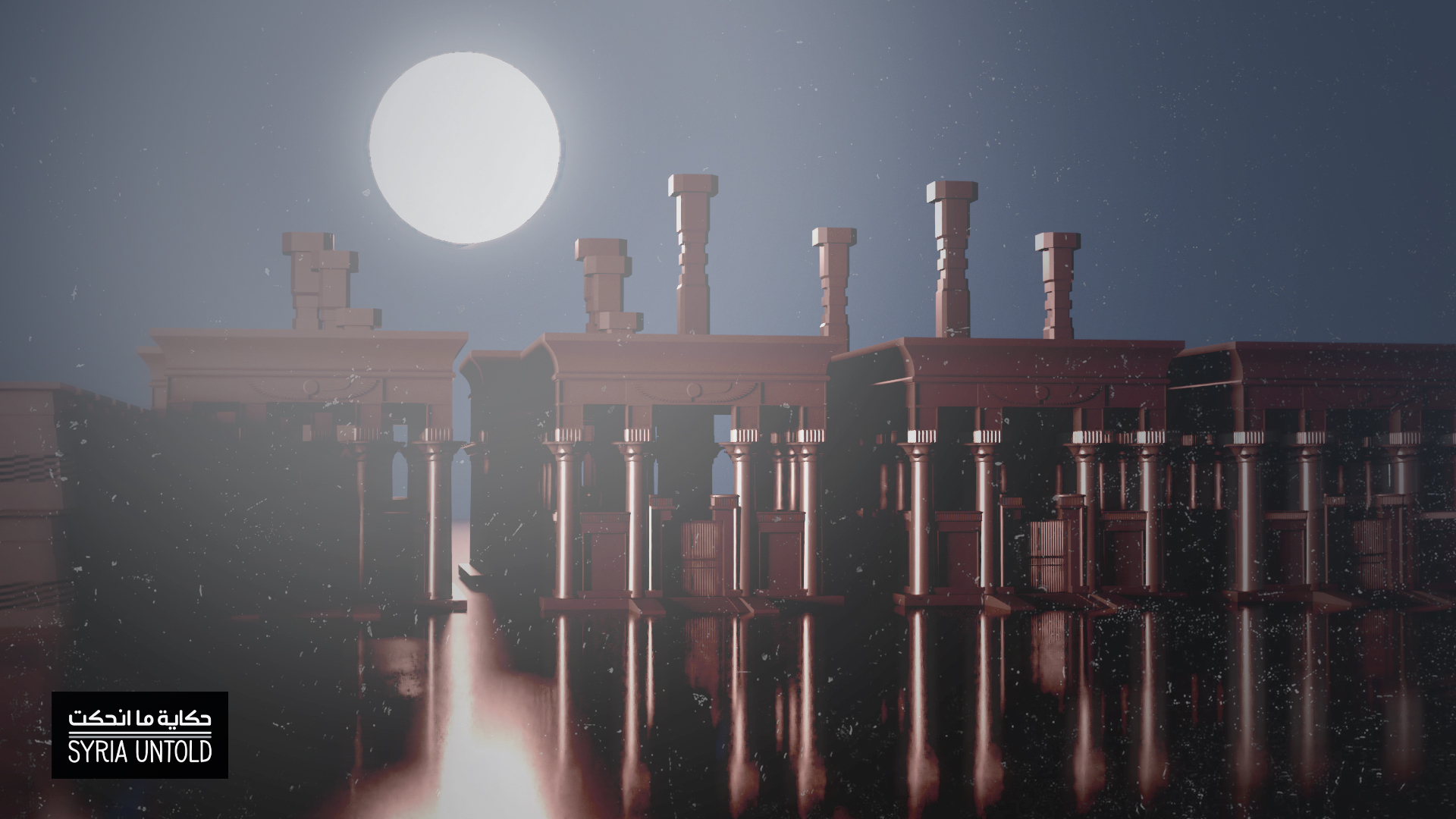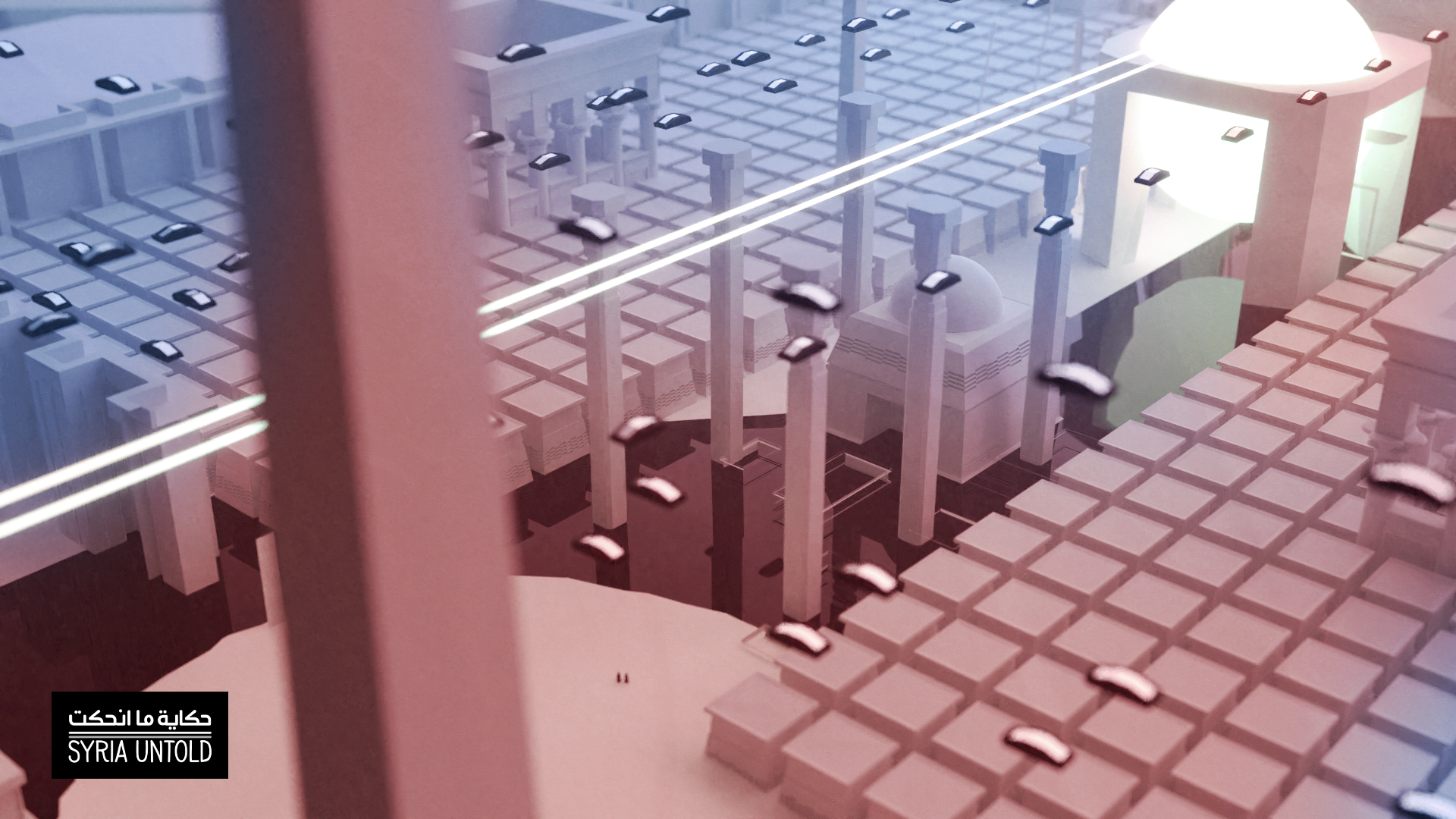This reflection is part of SyriaUntold’s collaboration with Ecologìas del Futuro on science fiction and imagining the future in the MENA region. We asked writers, artists, journalists and filmmakers from different countries across the region to send us short audio messages or reflections on what their world may look like in 300 years, and their relationship with the distant future.
Scroll down to listen to this piece in its original audio format.
My prediction for the Middle East in 300 years is that by then the world—and not just the Middle East—will embrace a simulation theory: essentially, that we are living in a simulation.
Science fiction in MENA: An artistic tool for change
26 April 2021
Living in a simulation, it's a probabilistic reality. This means that nothing is predetermined, that the future is not predetermined. Whatever action we take right now, at this moment, has its own probability distribution for the ramifications that will follow.
So, for example, if I go into my yard and I plant a seed, there is a probability distribution for whether or not the seed will grow into fruition and become a tree or a flower. That's going to depend on how much care I give to it, on the weather, the climate, the soil, whether a deer comes and eats it when it's still a bud. And so on.
And we can apply this idea to everything we do. Now the interesting thing about simulation theory is that because reality is also probabilistic, we can change the probability distribution through the power of our focused intent. That's within the simulation theory.
So, back to the seed: let's say I not only plant the seed, take full care of it and I do my best to ensure that it grows into a flower, but I also put focus and intent that I want it to be a healthy, prolific flower. So I put all my focus and intent into that, and of course I do all the other things that need to be done. And so I maximize the probability that it's going to be an excellent, successful flower, from one seed.
Applying this same idea in other parts of life—and now we can focus on the Middle East in particular—we see that people can focus their collective intent on what they want from their country or what they want their country to be; what they want to create together as a country for everyone.
That's one prediction I have for the world, including the Middle East, 300 years from now.
Listen to Rasha Elass's original audio recording of this article:







